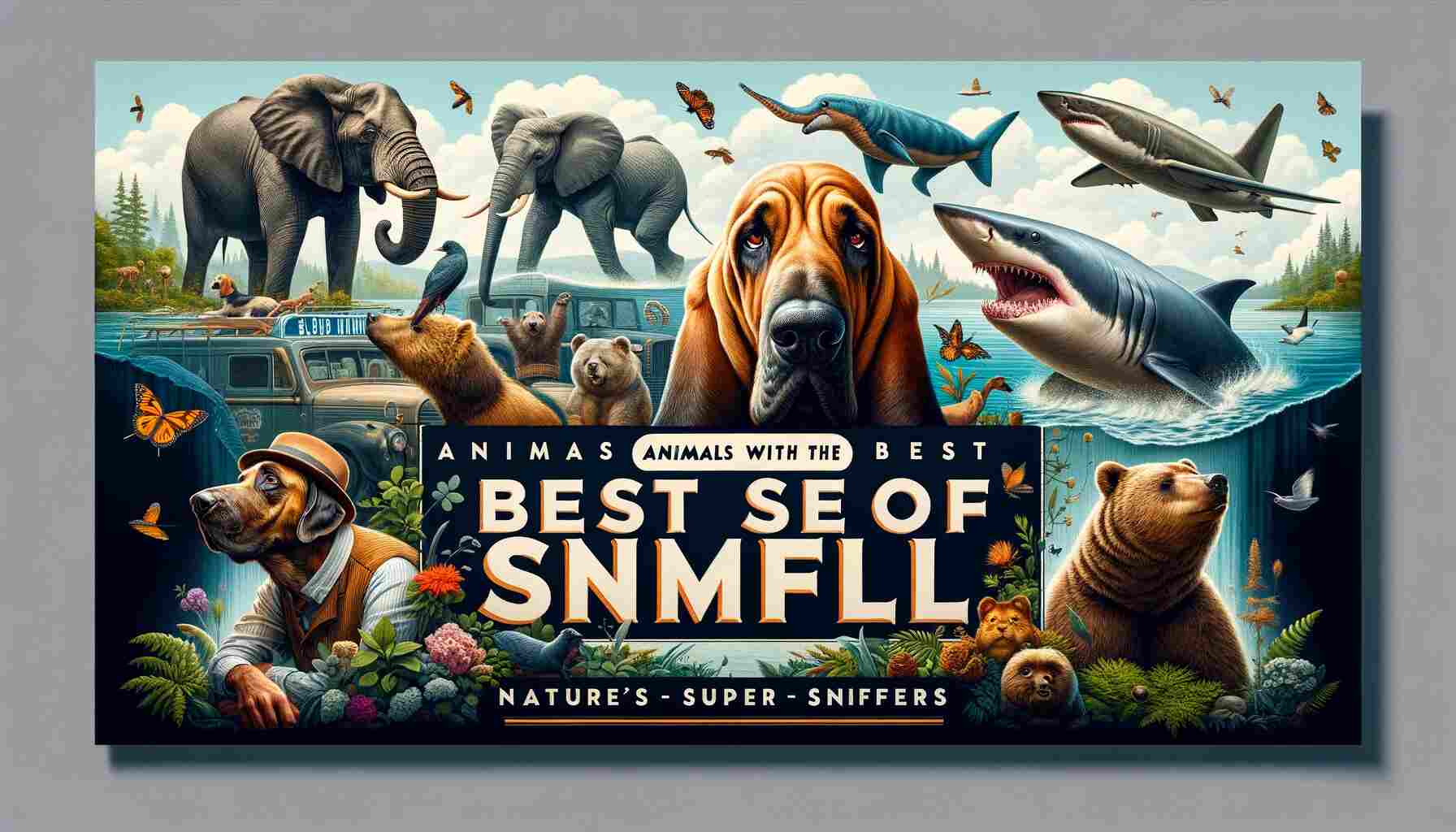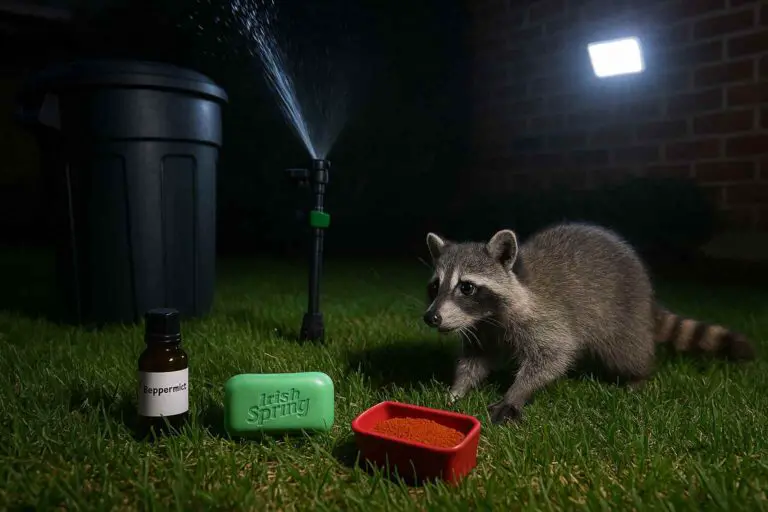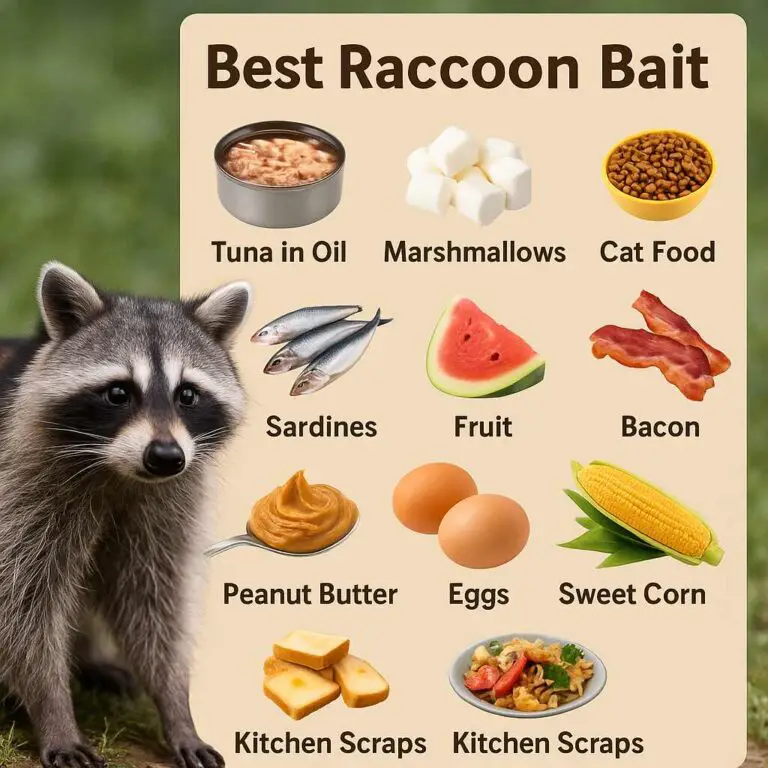In the vast and diverse world of animal senses, one stands out as particularly fascinating and awe-inspiring: the sense of smell. Often overlooked in favor of the more glamorous senses like sight and hearing, the olfactory abilities of certain animals are nothing short of extraordinary. These creatures, our olfactory champions, possess a superhuman sense of smell that allows them to navigate their world in ways that are nothing short of remarkable.
Join us on a journey to discover the ranked list of animals with the most powerful sense of smell, unravel the biological mechanisms behind their extraordinary abilities, and explore how they use scent detection in their daily lives. We will also delve into the intriguing question of how these olfactory champions compare to our own human olfaction and the practical applications and scientific insights derived from understanding their incredible sense of smell.
Ranking the Olfactory Champions
1. Bloodhounds
The Masters of Tracking Our journey into the world of animal senses begins with the bloodhound, a breed of dog renowned for its unparalleled tracking abilities. These canines have a sense of smell that puts even the most sophisticated human technology to shame. With approximately 300 million scent receptors in their noses, compared to our meager 5-6 million, bloodhounds can pick up scents that are days or even weeks old. They are often used by law enforcement agencies worldwide to track missing persons and criminals, showcasing the true potential of the animal senses when it comes to scent detection.
2. Elephants
Sniffing Out Water and Danger Elephants are well-known for their immense size and strength, but what often goes unnoticed is their remarkable sense of smell. Their long, trunk-like noses, equipped with around 5 million scent receptors, enable them to detect water sources from miles away. This incredible olfactory ability is essential for their survival in the arid African savannah. Additionally, elephants can detect the scent of danger, such as predators, even before they can be seen, making them true olfactory champions in their own right.
3. Bears
The Gourmet foragers Bears, whether they be grizzlies or polar bears, possess a keen sense of smell that helps them locate food sources with remarkable precision. With approximately 20 times more scent receptors than humans, bears can detect scents from miles away, including the subtle aroma of prey or ripe fruits. They are capable of tracking prey through thick forests, making them skilled hunters, foragers, and crucial contributors to ecosystem health.
4. Sharks
Hunting in the Shadows While sharks may not be the first animals that come to mind when we think of a sense of smell, they are, in fact, remarkable olfactory champions in their own aquatic realm. Sharks possess scent-detecting organs known as ampullae of Lorenzini, which allow them to detect even the faintest traces of blood in the water from incredible distances. This keen sense of smell is vital for their survival, helping them locate injured or dying prey and making them one of the ocean’s top predators.
The Biological Mechanisms Behind Super Smelling
To understand why these animals possess such extraordinary olfactory abilities, we must delve into the biological mechanisms at play. Their heightened sense of smell can be attributed to several factors:
- Scent Receptors: The number of scent receptors in an animal’s olfactory system is crucial. As mentioned earlier, bloodhounds and bears have an abundance of scent receptors, which allow them to detect even the faintest odors.
- Olfactory Bulb Size: The size of the olfactory bulb in an animal’s brain is another determining factor. Larger olfactory bulbs, like those found in elephants, indicate an enhanced ability to process and interpret scents.
- Specialized Structures: Some animals, such as sharks, have specialized structures like the ampullae of Lorenzini, which are highly sensitive to electrical and chemical changes in their environment, giving them a unique advantage in tracking prey.
Human Olfaction vs. Animal Senses
Now, let’s compare these olfactory champions to our own human sense of smell. While humans may not possess the same super-smelling abilities as these animals, our olfaction still plays a vital role in our lives. We use our sense of smell for a variety of purposes, from enjoying the aroma of a delicious meal to detecting potential dangers, such as gas leaks or spoiled food.
Our sense of smell, with its 5-6 million scent receptors, pales in comparison to the olfactory champions of the animal kingdom. However, what we lack in quantity, we make up for in the ability to distinguish a wide range of scents with precision. Our sense of smell is intimately connected to memory and emotion, capable of evoking powerful feelings and recollections.
Practical Applications and Scientific Insights
Understanding the extraordinary sense of smell in these animals has far-reaching implications in various fields, including conservation and medicine. Here are some practical applications and scientific insights:
- Conservation Efforts: By studying how animals like elephants and bears use their sense of smell to find resources and avoid threats, researchers can develop strategies to protect these species in their natural habitats. Conservationists can also use scent detection to monitor and protect endangered species.
- Disease Detection: The sensitivity of animals’ olfactory abilities has led to research in using scent detection for medical purposes. Dogs, for example, can detect diseases like cancer and diabetes by sniffing patients’ breath or bodily fluids. This could revolutionize early disease diagnosis.
- Search and Rescue: Bloodhounds and other scent-tracking dogs are invaluable in search and rescue missions, helping locate missing persons buried under rubble or lost in the wilderness. Their remarkable olfactory abilities save lives.
Conclusion
In the world of animal senses, the olfactory champions are a source of wonder and inspiration. These creatures, from bloodhounds to elephants, bears, and sharks, have evolved extraordinary sense of smell to navigate their environments, find food, and avoid danger. Understanding their remarkable olfactory abilities not only enriches our appreciation for the natural world but also offers practical applications in fields like conservation and medicine.
As we continue to explore the wonders of the animal kingdom, let us remember that even the humblest of senses, like smell, can lead to incredible discoveries and insights that benefit both humans and the animal world alike.








